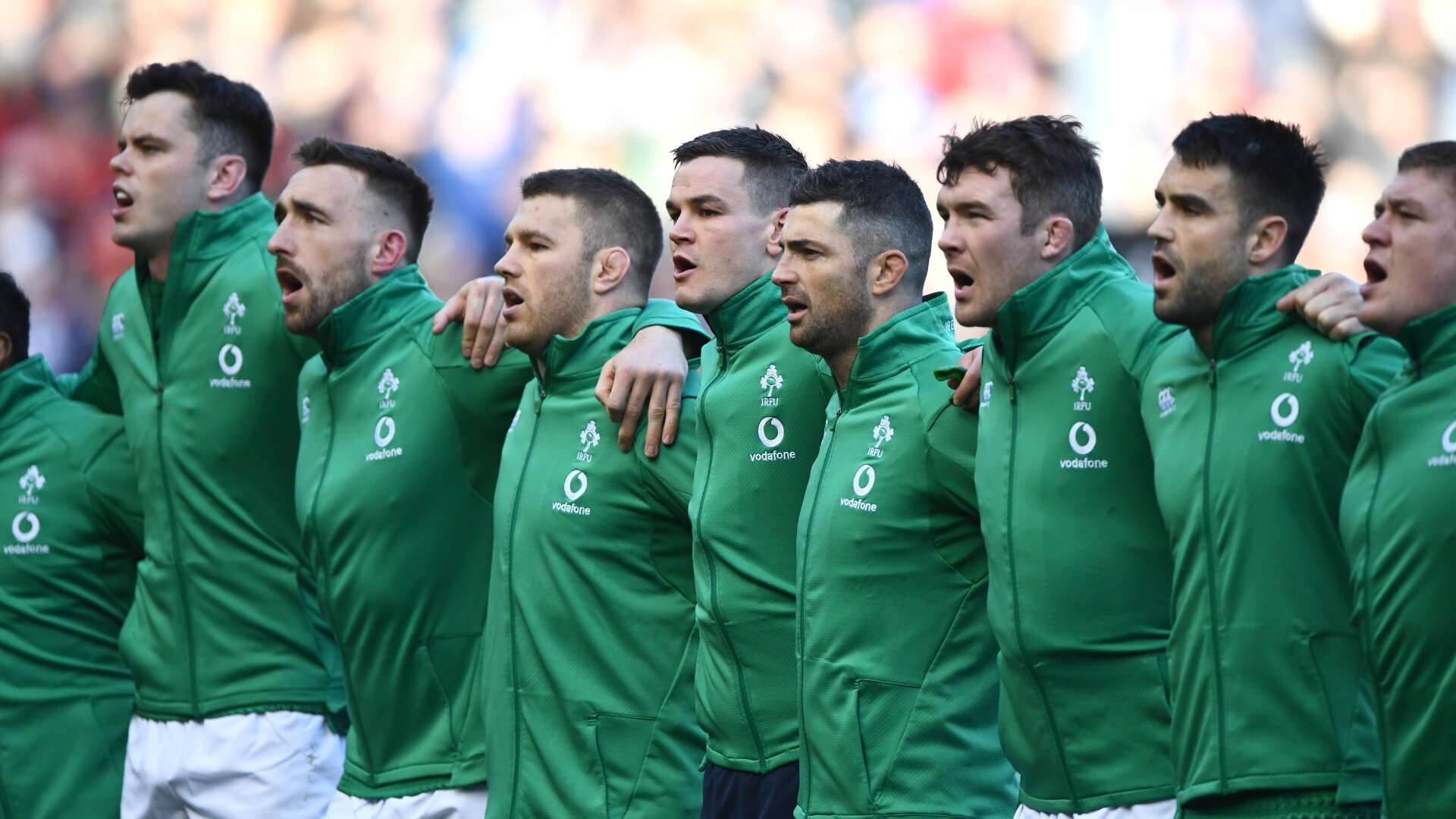Cash-strapped IRFU receive massive multimillion-euro bailout from Irish Government

The IRFU have been handed a significant financial boost after being allocated €18 million in emergency funding by the Irish Government. The announcement comes just three weeks after the IRFU reported a record deficit of €35.7 million, with the impact of the coronavirus pandemic putting a major dent in the union’s finances.
Upon the release of that report, IRFU chief executive Philip Browne had outlined that access to emergency funding would help the IRFU ‘buy time’, warning that “the return of the (professional) game is in a fragile state and a major outbreak of the Covid-19 virus could set us back.”
Those comments painted a bleak picture following a best-ever surplus of over €28m for the 2018/19 financial year.
Their prayers have now been answered with the Irish Government today confirming €18 million would be allocated to rugby from the Government’s Covid-19 Emergency Fund for Sport.
However, the IRFU are not the biggest beneficiaries, with the various Gaelic Games associations receiving a total of almost €31m. The governing body of Irish soccer, the FAI, will receive €13m.
We would like to thank the Government, @cathmartingreen @jackfchambers & @sportireland for the €18m allocated to rugby as part of the Emergency Fund For Sport.https://t.co/vMxrfK7Yqm
— Irish Rugby (@IrishRugby) November 2, 2020
Browne welcomed the news, but again highlighted the IRFU’s ‘perilous financial position.’ When the impact of the pandemic first hit earlier this year, the IRFU quickly agreed salary deferrals with staff and players. With games still being played behind closed doors in Ireland and the country under a state of semi-lockdown, Browne has warned that further actions are under constant review.
“The funding for rugby announced today by Government and Sport Ireland is critical for the IRFU to keep rugby activities at all levels of our sport going for now for the many men, women and children who participate in, or volunteer at, Clubs week-in-week-out, and for our Provincial and International teams,” Browne said.
“As outlined to the Oireachtas Covid-19 Committee in recent weeks and confirmed in our recent annual report, Irish Rugby is in a perilous financial position as a result of Covid-19.
“While we moved quickly to reduce costs and agree cuts with our staff and players, further reductions and actions are under constant review as we move from a relatively strong cash position just 18 months ago to facing ongoing record losses in 2020 and on into 2021.
“We are very grateful for the ongoing support shown to us by Government and Sport Ireland throughout this pandemic, especially with today’s vital funding announcement.
“We also acknowledge the support of our sponsors and loyal patrons who have invested in ten- and five-year tickets.
“This support is vital if Irish Rugby is to survive until a time where we can once again welcome our supporters, in meaningful numbers, back to the Aviva Stadium and our provincial grounds.”














































































